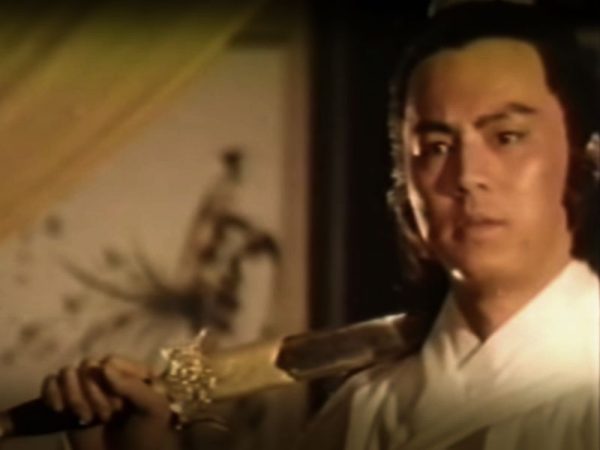Occasionally over the years I would remember this song that played on the local radio when I was ten – Seward Park, by Sir Mixalot compatriot Maharaji, who was name-dropped in My Hooptie and Posse on Broadway. The most recent time I remembered this, I went on a little tear through the internet for it, to no avail. Seward Park is not on yewchoob, or sheisty downloading places.
But I did find the website of another Seattle rapper, Kid Sensation, and sent an inquiry about Maharaji, because these guys all knew each other. Mr. Sensation’s publicist(?) got back to me, with a screen cap of a conversation with a Seattle DJ named Nasty Nes, who I realized I’d seen before in the video for Posse on Broadway, as well as a poster in Saap Fusion where I used to get my ube smoothie supply. Used to! Why don’t you have the ube smoothie anymore Saap? wtf.
Anyway, Nasty said something like, that song was produced by Mix and never released, not even as a single, and even tho he has a tape, he can’t do anything about releasing it, outside of radio broadcasts. His radio show is long gone, however, my boyfriend Mr. The Beast from Seattle is an internet wizard and found Nasty Nes radio shows, so you can hear Seward Park! It’s just a lil tricky. Go to https://www.rapattacklives.com/rapatt%20nightbeat/rapattshows/ and scroll down to January 8 2017. See if you can figure out how to play it because it ain’t working for me on the site, my dude had to do some hack-the-planet junk to get a mp3 of it. But yeah, it’s about 20 minutes and 5 seconds into this thing. I FUCKED UP! Read the audio program backwards. Call it 1 hour 40 minutes 56 seconds in.
The song isn’t exactly like I remember it. The music is about the same, I didn’t remember how much of it was spent lusting after this Seward Park “freak.” But the main thing I misremembered is that his voice isn’t quite as Humpty Hump as it was in my imagination.
And what about the man himself, Maharaji, aka Terence Matthews? In May of this year he had brain surgery, but he seems to be doing fine now. He’s on facebook and has some kind of affiliation with a food truck called Lumpia King, and a barbecue sauce business called We Be Smok’n LLC, but I don’t have facebook so the deets are a bit unclear to me. With that, I return to my regularly scheduled eternal sighing.
u___u
–
a song about memory, kinda

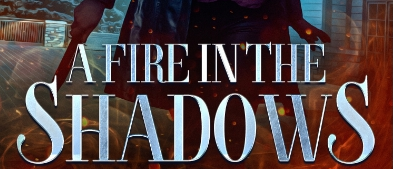 FreethoughtBlogs’s own
FreethoughtBlogs’s own  **SPOILERS BELOW**
**SPOILERS BELOW**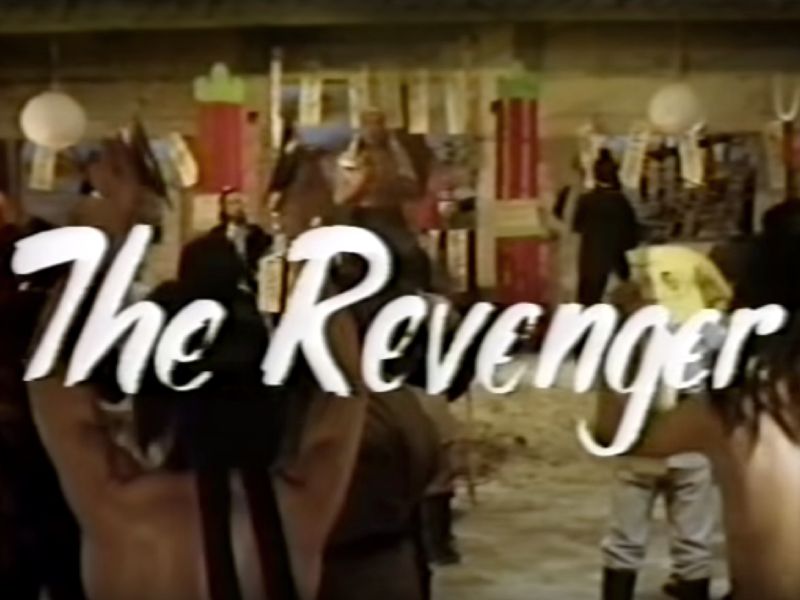
 Second, it’s a Chinese perspective on individualism vs. collectivism, personal principles vs. social harmony. I am missing a lot of context, possibly all of the context, but if I can ever tumble to it, maybe the movie will help me understand how at least some Chinese people really feel about all that Confucius shit. Here’s what I do get…
Second, it’s a Chinese perspective on individualism vs. collectivism, personal principles vs. social harmony. I am missing a lot of context, possibly all of the context, but if I can ever tumble to it, maybe the movie will help me understand how at least some Chinese people really feel about all that Confucius shit. Here’s what I do get…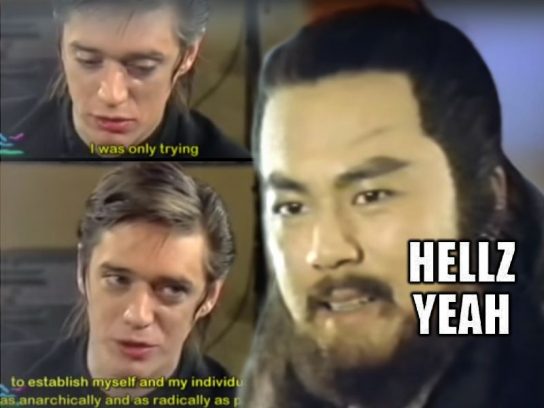 As much as I’d love to be a radical, almost everything in life seems to have a moderate answer, a question, a caveat, some reason you can’t reasonably be absolute about it. The well-being of society is crucial to our collective survival. The well-being of an individual is paramount because we are all alone within ourselves, never having been given a choice about whether or not to exist, and we should be able to live our lives in our own way, as long as it causes no harm to others.
As much as I’d love to be a radical, almost everything in life seems to have a moderate answer, a question, a caveat, some reason you can’t reasonably be absolute about it. The well-being of society is crucial to our collective survival. The well-being of an individual is paramount because we are all alone within ourselves, never having been given a choice about whether or not to exist, and we should be able to live our lives in our own way, as long as it causes no harm to others.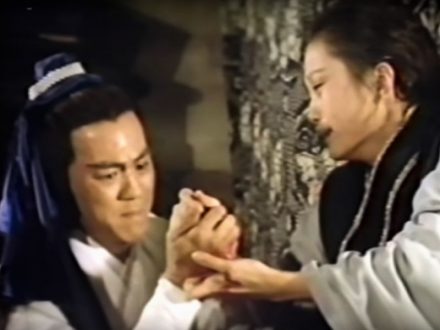 Living in this way he makes a lot of enemies. Those enemies are leaders of men – clans, businesses, religious groups, etc. – and while plotting to get back at him, they make the reasonable argument this is for social order, for harmony in society. Whether they seem righteous or not, you can’t just have roughnecks busting up the joint. With kung fu.
Living in this way he makes a lot of enemies. Those enemies are leaders of men – clans, businesses, religious groups, etc. – and while plotting to get back at him, they make the reasonable argument this is for social order, for harmony in society. Whether they seem righteous or not, you can’t just have roughnecks busting up the joint. With kung fu.